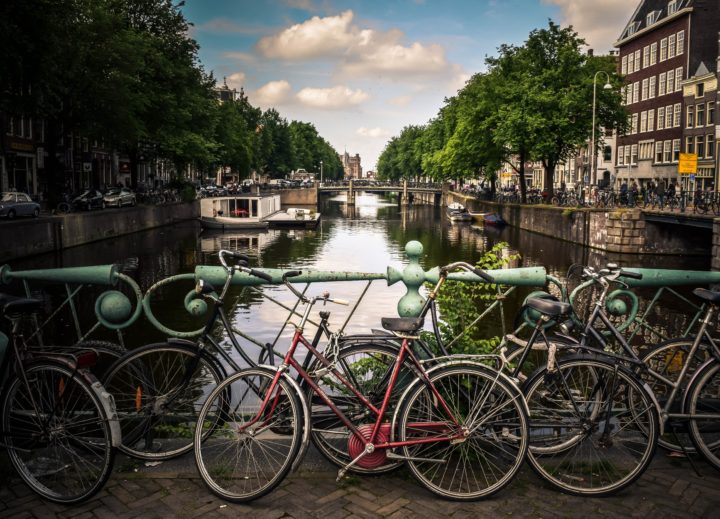It started with a decision to move the iconic Amsterdam sign.
Officials recently voted to move the famous “ I AMSTERDAM” letters to the city’s west side due to mass tourism. City leaders said the logo attracted too many visitors and was putting too much pressure on the city and its inhabitants.
Related Post: City Council Approves To Remove ‘I Amsterdam’ Letters Due To Mass Tourism
Now that the quality of life in certain neighborhoods is under pressure, Amsterdam officials are investigating a possible ban on holiday rentals in some areas throughout the city.
“A home is meant to live in” and should not be seen “as a profit object,” Laurens Ivens, Amsterdam’s socialist executive in charge of housing policy said in the statement, which takes the fight to online booking platforms such as Airbnb Inc. and Booking Holdings Inc.’s Booking.com, as reported in Bloomberg.
What It Means To Be Black In Amsterdam
Amsterdam indeed wants to “avoid that increasingly more houses are being rented out via platforms like Airbnb, Booking or Expedia,” as home availability is scarce, according to the statement. The Dutch capital and largest city has already cut holiday rentals to a maximum of 30 days per year.
“We disagree with policies that restrict the rights of Amsterdammers to occasionally share their homes,” an Airbnb spokesman said to the publication, adding that Airbnb customers accounted for 8 percent of overnight stays in the city.
Related Post: 5 Things To Know Before Visiting Amsterdam
In addition, Amsterdam is considering law adjustments that would force bed-and-breakfasts to apply for a license from the city beginning in 2020. The proposal means that the license will be capped in numbers and valid for five years. Under the law, only the person residing in a property would be allowed to operate that property as a B&B.
More than 20 million tourists visited Amsterdam in 2017. That number is expected to increase to 23 million by 2025.





